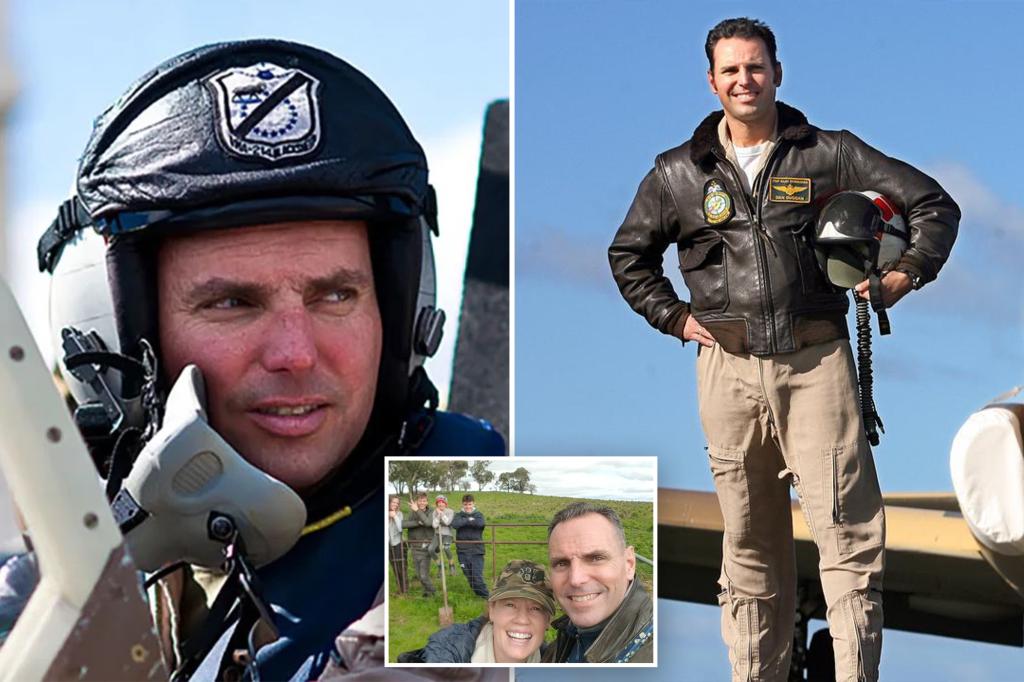Former US Marine pilot Daniel Duggan, who is a naturalized Australian citizen, is facing extradition to the United States on charges of training Chinese military pilots to land on aircraft carriers. The charges against Duggan include money laundering and violating arms control laws. Despite denying the allegations, a Sydney magistrate has ruled that Duggan can be extradited, giving him 15 days to seek a review of the decision. The final decision on the extradition will be made by Australia’s Attorney General, leaving Duggan’s fate uncertain as his family plans to appeal to the Attorney General to refuse extradition.
Duggan’s arrest in Australia by federal police in October 2022 came shortly after he returned from China, where he had been living since 2014. He is one of seven co-conspirators listed in a US indictment, with Chinese hacker Su Bin being convicted in connection to the case. Although Duggan’s lawyers argue that the hacking case is unrelated, the extradition proceedings remain ongoing. British authorities also issued a warning in the same week regarding former defense staff training Chinese People’s Liberation Army pilots at a South African flying academy where Duggan previously worked.
Due to the charges against him, Duggan has been held in a maximum-security prison, awaiting the extradition decision. During a court appearance, Duggan’s wife, Saffrine, expressed her support for him by placing her hand against the glass window separating them in the courtroom. Magistrate Daniel Reiss ruled that the criteria for extradition had been met, stating that Duggan is eligible for surrender. Despite arguments from Duggan’s legal team that the pilots he trained might not have been part of the military and that he became an Australian citizen before the alleged offenses took place, the extradition process continues.
The United States government contends that Duggan did not renounce his US citizenship until 2016, despite becoming an Australian citizen in 2012. They argue that his alleged offenses occurred during a period where he was still considered a US citizen. Duggan’s legal team maintains that there is insufficient evidence linking him to training military pilots and that his citizenship status at the time of the alleged events should be considered. As the extradition process proceeds, Duggan’s fate lies in the hands of Australian authorities, who will decide whether he will be sent to face charges in the United States.
Amid the extradition proceedings, Duggan’s family is actively seeking to prevent his extradition to face charges in the US. With the support of his wife and children, Duggan’s legal team continues to present arguments against the extradition based on citizenship status, lack of evidence linking him to military training, and other factors. As the case unfolds, the ultimate decision on Duggan’s extradition will rest with Australia’s Attorney General, Mark Dreyfus, leaving room for further legal challenges and appeals in the process. The complexities of the case, including jurisdictional issues and the nature of the charges, highlight the challenges and uncertainties faced by Duggan and his family as they navigate the extradition process.


